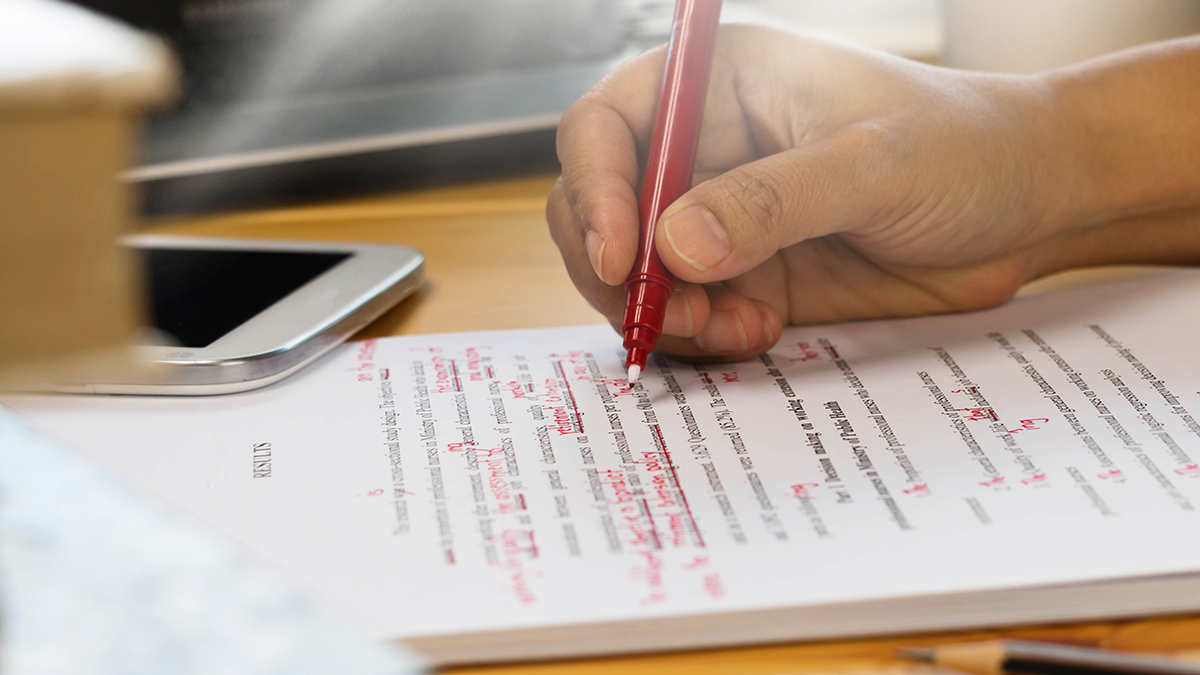Editing and Proofreading
Tabletop Roleplaying Games
When it comes to getting your TTRPG edited or proofread, you’ll really benefit from working with someone who understands not just words and punctuation, but also the ins-and-outs of roleplaying games.
As well as the ‘standard’ editing and proofreading tasks, roleplaying games benefit from some specific game-related attention:
Mechanics and rules
Even the lightest system has some kind of rules, and in a crunchy trad game the mechanics may take up dozens (or even, potentially, hundreds) of pages! Either way, it’s essential that the rules and mechanics are internally consistent, make sense (even to newbies), and are clear, well laid-out, and well-explained. If the rules are complex, it’s vital that they’re as easy to understand as possible. If the system is very light, such as in a narrative, storytelling game, it’s essential that the players (and GM, if there is one) have enough guidance on how to play.
Wherever your game is on the crunch spectrum, it will benefit from clear, concise wording of the rules.
Formatting Game Terms
If you’re writing for an existing system – for example, a 5e supplement, or an adventure for Savage Worlds – you’ll normally want to follow the style and formatting of the original. This makes it easier for readers to understand, shows your familiarity with the source material, and makes your work look professional.
If it’s your own game, you’ll need to consider how you draw attention to certain terms in your game.
This varies massively for each game, and includes things like the capitalisation and formatting of game terms, including the names of races and classes, as well as spells, skills, stats and so on. Sometimes these will be given an initial capital, and some terms will be written in italics, bold, small caps or given a different colour to highlight them in the text.
And that’s not to mention the layout of stat blocks, or the language used for specific game mechanics (do you ‘make a Stamina check’, ‘roll Stamina’ or ‘test your Stamina’?)
Lore, setting and background material
Your lore, setting or background material also needs to be consistent, but there’s less need to be concise, and the lore or setting sections of your game can be a little more poetic and descriptive. In terms of editing, it is much closer to editing fiction, with an emphasis on readability, clarity and flow. It’s also important that the ‘voice’ and style suits the game’s themes and is consistent (particularly where more than one author has contributed to the project).

TTRPG Developmental Editing
Still designing your game, and need some help and advice? Developmental editing / consultancy might be just what you need – find out more here

TTRPG Copy Editing
If your text is complete, but hasn’t yet gone to layout, you might need copy editing – find out more here

TTRPG Proofreading
For a final check of text that has already been laid out to catch any mistakes or errors before you go to print, you’ll need proofreading – find out more here
